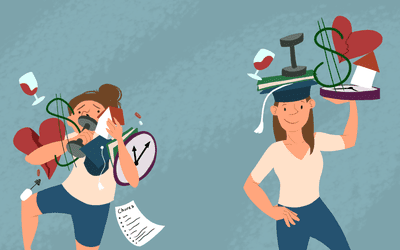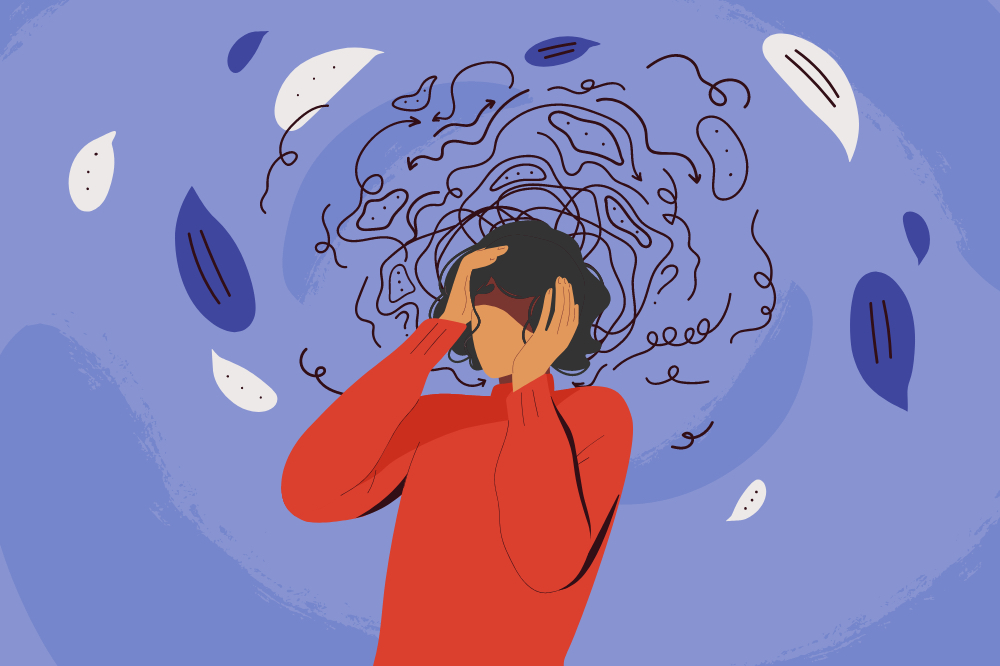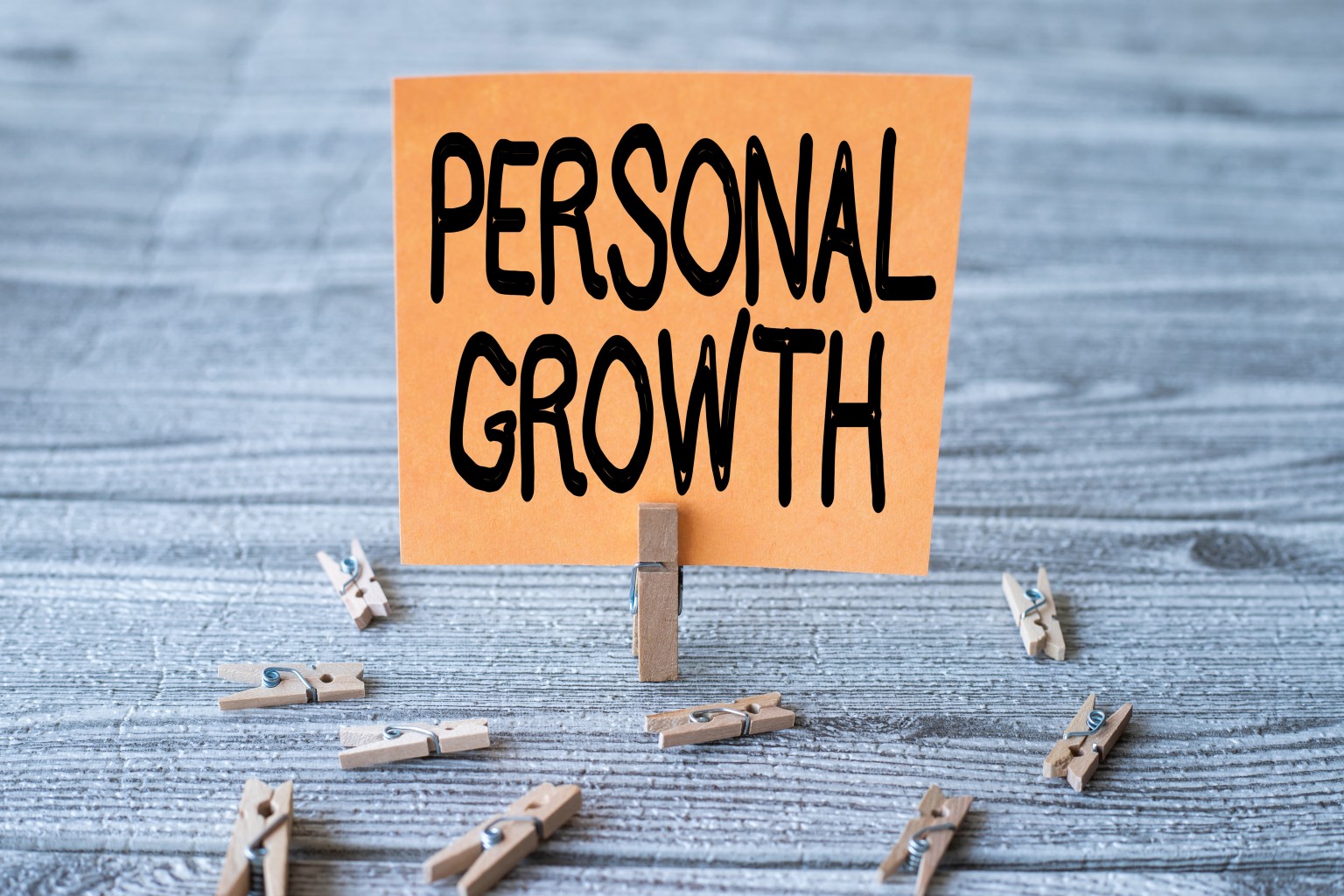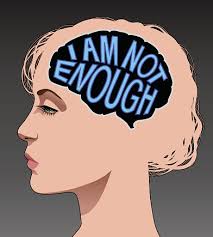Self-image issues are a very common problem in today’s society. The causes of low self-esteem are varied, but the effects can be devastating on someone’s life. Low self-esteem is often referred to as “the disease that has no cure.” It develops over time and it affects every aspect of one’s life including their relationships, career, personal health, and happiness.
There are steps you can take to improve your self-image and increase your self-esteem. First, we will discuss the causes and effects of low self-esteem. Then we will suggest steps here in this article along with therapies for low self-esteem and psychotherapists who specialize in working with people suffering from low self-esteem.
Contents
What Is Self Esteem?

Self-esteem is a person’s overall sense of self-worth. It includes feelings about competence, desirability, and the value of a person. Low self-esteem can be associated with low moods, depression, and anxiety problems that may occur alone or in combination. People who have good self-esteem are comfortable in their skin while those who suffer from low self-esteem often feel insecure, shy, and uncomfortable.
What Are Self-Esteem Issues?
Self-esteem issues are problems with self-worth that can manifest in different ways. People who have low self-esteem may feel shy and uncomfortable around others, they may be pessimistic about themselves, they may lack confidence in their abilities and they may often feel inferior to others.
How To Recognize Low Self Esteem?
It can be difficult to determine if you have low self-esteem or not because many people learn to disguise their feelings very well. Some common signs may suggest you have low self-esteem. If you experience any of the following regularly, you may want to consider working on increasing your self-esteem.
Signs

- Often feel inferior or inadequate compared to others
- Lack confidence and don’t believe in yourself
- Highly sensitive about the way other people perceive you and what they think of you
- Find it difficult to ask for help when you need it
- Constantly compare yourself to others and feel that they are better than you in some way
- Believe that other people are better at things than you
- Feel unattractive or undesirable to others
- Fear being rejected by friends, family and peers often – Think everyone is talking about you behind your back.
What Are Effects Of Low Self Esteem?
Effects Of Low Self Esteem On People
People with low self-esteem often have a difficult time in many areas of their lives. Their lack of confidence often keeps them from achieving their goals and reaching their full potential. They may struggle in relationships as they feel unworthy of love and respect from others. They may also have difficulty maintaining healthy personal relationships due to their negative view of themselves.
On Children
Low self-esteem in children can be very damaging as it often leads to a lack of confidence and low self-worth. This can affect them for the rest of their lives if not addressed. Children with low self-esteem are more likely to struggle in school, have difficulty making friends, and may engage in risky behaviors such as drug abuse or alcohol abuse.
On Teens

Teens who have low self-esteem are often very insecure and find it difficult to fit in. They may engage in risky behaviors or destructive coping mechanisms such as drug abuse, alcohol abuse, eating disorders, or self-harm to try and boost their self-esteem.
On Adults
Adults with low self-esteem often struggle with feelings of worthlessness and insecurity. They may find it difficult to maintain healthy relationships or to hold down a job for long periods. They may also feel that they are not good enough and this can lead to depression and anxiety disorders.
Effects Of Low Self Esteem On Life

The effects of low self-esteem can be devastating on someone’s life. It affects every aspect of one’s life including their relationships, career, personal health, and happiness. People with low self-esteem often find it difficult to form and maintain relationships, they may have a hard time finding or keeping a job and they may struggle with their health. People with low self-esteem are also more likely to suffer from depression and anxiety problems.
Effects Of Low Self Esteem On Relationships And Social Life
People with low self-esteem tend to have problems in their relationships and social life than those who are more confident. People suffering from low self-esteem often find it difficult to form close connections because they may feel inferior or inadequate when compared to others. Because of this, they may often withdraw from social situations or avoid interacting with people altogether. They may also have a hard time trusting others and can be highly sensitive to the way other people perceive them.
Effects Of Low Self Esteem On Career And Education
People who suffer from low self-esteem often find it difficult to maintain a job or pursue a career that they are passionate about. This can be due to several reasons including lack of confidence, trouble interacting with others, or even the inability to complete projects without feeling incompetent. People who suffer from low self-esteem may also have problems in school because they do not believe that their intelligence is good enough and tend to avoid taking on challenges for fear of failing.
Effects Of Low Self Esteem On Physical Health And Well-Being
People with low self-esteem often struggle to take care of their physical well-being. They may neglect personal hygiene or skip meals to save money, they may develop eating disorders such as bulimia and anorexia nervosa because they are unhappy with their body image, they may abuse drugs or alcohol to escape their problems and finally, depression can cause them to consider committing suicide.
Effects Of Low Self Esteem On Mental Health And Well-Being
People with low self-esteem often have mental health issues that carry over into every aspect of their life. They may suffer from anxiety or panic attacks, they can struggle to interact in social situations and form close relationships, they are more likely to become addicted to drugs or alcohol because it helps them escape their problems for a while but the addiction only worsens their self-esteem and finally, they are more likely to suffer from depression.
Effects On Personal Happiness And Well-Being
People with low self-esteem may also struggle to be happy and lead productive, fulfilling life. They often feel as though they are not good enough or that their lives will never amount to anything so why should they even try? This can turn into chronic apathy where the person no longer cares about anything in their life and they may even become suicidal.
Effects On Personal Health
People who have low self-esteem also tend to be at higher risk for poor physical health. They may neglect their hygiene, not exercise or eat right because they don’t feel good about themselves so why should they care? These behaviors can lead to serious illnesses and diseases that are easily preventable by maintaining a healthy lifestyle.
How Does Low Self Esteem Develop?

It is not entirely clear how low self-esteem develops but some factors contribute towards it including the environment a person grows up in, modeling behavior from parents and mentors, and the perception of other people.
However, low self-esteem does not develop overnight. It is usually the result of negative experiences in childhood and adolescence. Adults with low self-esteem often had parents who were critical, dismissive, or abusive. They may have experienced bullying at school or they may have been made to feel inferior by their siblings growing up.
NOTE: These are the types of events that can develop into problems with low self-esteem later on in life when you are an adult.
Events That Can Develop Low Self Esteem
In Children
- Being scolded or punished harshly for mistakes
- Having little or no attention from parents
- Being ridiculed or made fun of by siblings or peers
- Suffering a physical injury such as being burned, bruised, hit, or attacked
In Teens
- Facing criticism about the way they look from family members, friends, or the media
- Being rejected by a romantic partner
- Experiencing academic pressure or failure
- Suffering a traumatic event such as being in a car accident, witnessing violence or sexual abuse
In Adults
- Being criticized by a superior or manager at work
- Experiencing rejection in romantic relationships
- Making mistakes that lead to loss of income, financial problems, or bankruptcy
- Becoming a victim of a crime or experiencing physical abuse
In Men
- Feeling like they are not “manly” enough
- Being teased or ridiculed about their weight, height, clothing, or hairstyle
- Having difficulty asking for help or admitting that they need it
In Women

- Feeling like they are not “pretty” enough
- Being teased or ridiculed about their weight, height, clothing, or hairstyle
- Experiencing pressure to be thin and toned
- Having difficulty asking for help or admitting that they need it
NOTE: Oftentimes, these types of life changes cause people to feel like they are not good enough and that they cannot cope with life’s challenges. This can then lead to a decrease in self-esteem.
Marginalization And Low Self Esteem
People who feel marginalized are more likely to suffer from low self-esteem than those who do not. Marginalization occurs when someone feels like they do not belong and are not accepted by society.
This can be due to many factors including race, ethnicity, gender identity, economic status, or sexual orientation. When someone feels marginalized, they often believe that it is because of their inadequacies, such as not being smart or attractive enough.
This may be true sometimes but more often than not it has nothing to do with the individual and is instead due to the way society functions. Sadly, this can lead to a lot of self-doubts and a lack of self-esteem.
NOTE: If you feel marginalized, it is important to seek help so that you can start to build up your self-esteem. There are many therapies available that can help you do this. Remember, you are not alone and some people want to help you. You deserve to feel good about yourself, so work towards your goal every day.
How Can We Improve Low Self Esteem?
There are many ways that you can improve your self-esteem. Try to change the way you think about yourself by becoming more positive and optimistic. If something goes wrong, just learn from it but don’t dwell on it too much because that will only bring down your spirits even further.
Tips For Improving Low Self Esteem
- Do things for other people, because when you help others, it makes you feel good about yourself and also gives your life a sense of purpose.
- Make an effort to be social with friends and family members by going out for lunch or dinner or even just meeting up at the coffee shop once in a while.
- Try to focus on your strengths instead of your weaknesses because you are not perfect and that is okay.
- Be kind to yourself by treating yourself with love, respect, and dignity.
NOTE: Taking the steps above will help you build confidence in your abilities which can improve self-esteem. It’s important to remember though, there’s no quick fix for this problem because it takes time and commitment.
Areas To Work On To Improve Low Self Esteem

In Children
- Encouraging them to take part in activities they are interested in, such as music, arts, or sports
- Helping them to develop positive relationships with family members and friends
- Teaching them how to cope with difficult emotions such as anger, sadness, or fear
In Teens
- Encouraging them to explore and take part in activities they are interested in, such as music, arts, or sports
- Helping them develop positive relationships with family members and friends Teaching teens how to cope with difficult emotions such as anger, sadness, or fear
In Adults
- Allowing yourself time for fun and relaxation by taking up a hobby or doing something you enjoy
- Building positive relationships with family members, friends, and co-workers
- Putting your strengths to use in a new job or career that you are interested in
Therapies For Low Self Esteem
There are many therapies available that can help you deal with low self-esteem and its effects on your life.
Cognitive Behavioral Therapy (CBT)
This type of therapy helps you to identify and change the negative thoughts and behaviors that are causing your low self-esteem.
Interpersonal Psychotherapy
This type of therapy focuses on improving your relationships with others, which can have a positive impact on your self-esteem.
Group Therapy
Group therapy is when two to four people meet with a professional to talk about their problems and experiences. This type of therapy can be effective because you get support from others who are going through similar issues as well, which boosts self-esteem.
Possible Therapies For Low Self Esteem
Hypnosis and Meditation
These therapies help people become more aware of their thoughts and behaviors, which can aid in improving self-esteem.
Couples Therapy
This therapy helps couples improve their relationships with each other by focusing on the positive aspects instead of the negative ones. This is beneficial because it can help people feel better about themselves through improved relationships with others.
Counseling And Psychotherapy
These therapies help people explore their feelings and emotions, which can lead to an increase in self-esteem.
NOTE: There are many different therapies available for people who struggle with low self-esteem. It is important to find one that works best for you so that you can start to see positive changes in your life. Remember, it takes time and commitment but you will get the results if you stick with it.
Talking To A Professional
If you find that changing the way you think about yourself and adopting some of the tips mentioned above do not help you feel better about yourself, it is a good idea to speak with a professional.
Psychotherapists have extensive training in talking people through various emotional issues so they will be able to help you recognize the cause of your low self-esteem and work on improving it.
Conclusion

Self-image issues can be very debilitating and cause a lot of distress in your life. It is important to understand the causes, effects, and signs of low self-esteem so you can take steps to improve how you feel about yourself.
There are many therapies available that can help you deal with low self-esteem and its effects on your life. If you find that changing the way you think about yourself and adopting some of the tips mentioned above do not help you feel better about yourself, talking to a professional may be a good option for you.
Remember, it is important to seek help if you are struggling with low self-esteem because it can hurt your life. So, be proactive and do something to make feel better about yourself, today and now.
If you are looking for affordable Online Counseling MantraCare can help: Book a trial therapy session


